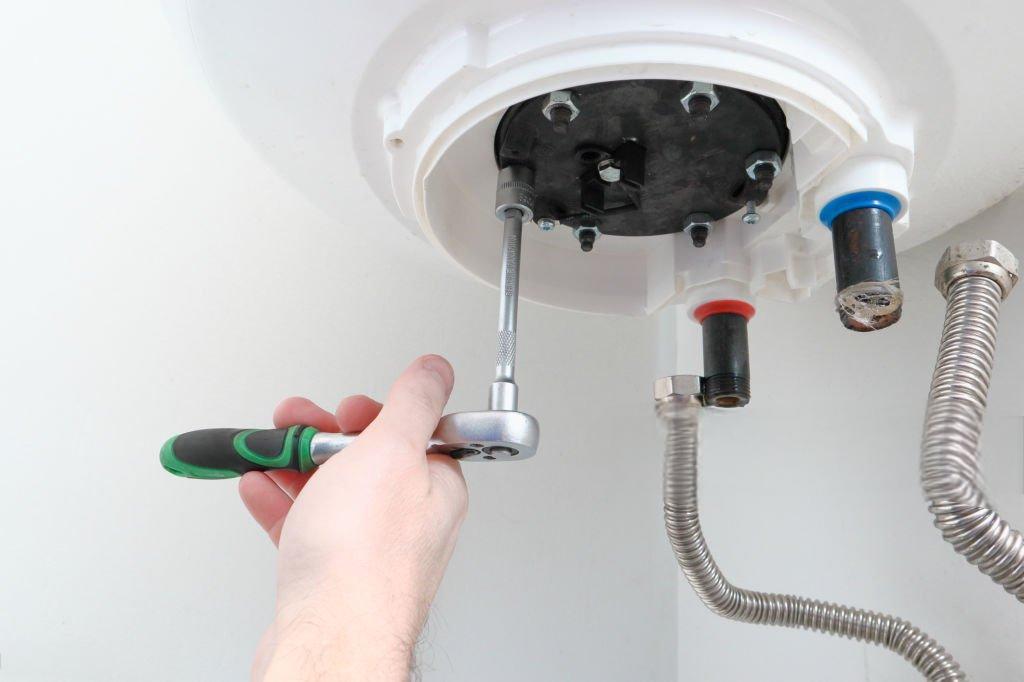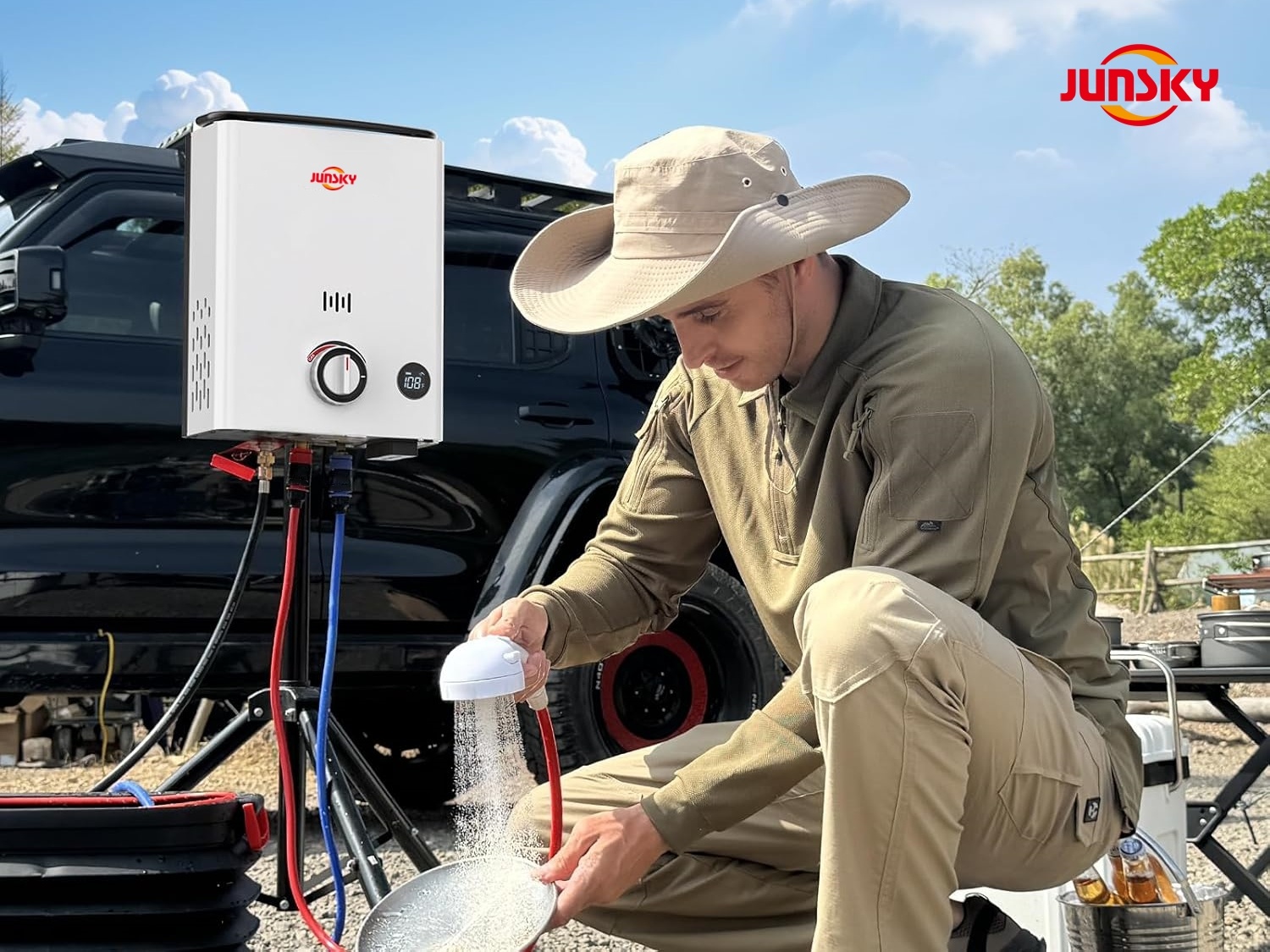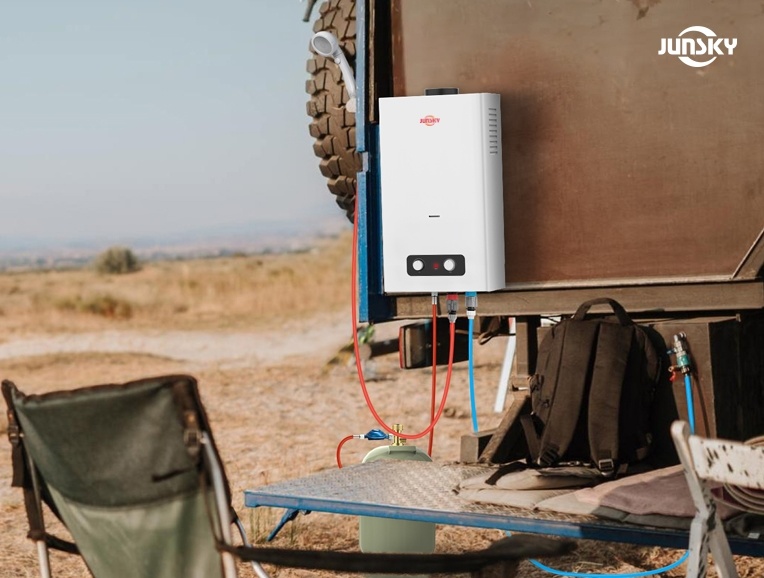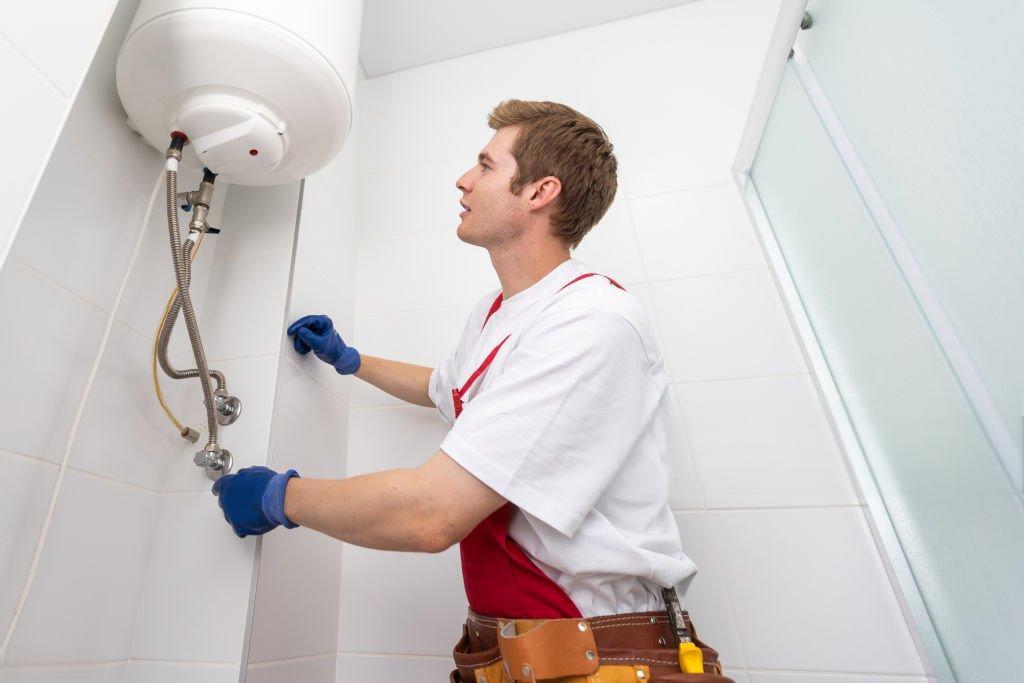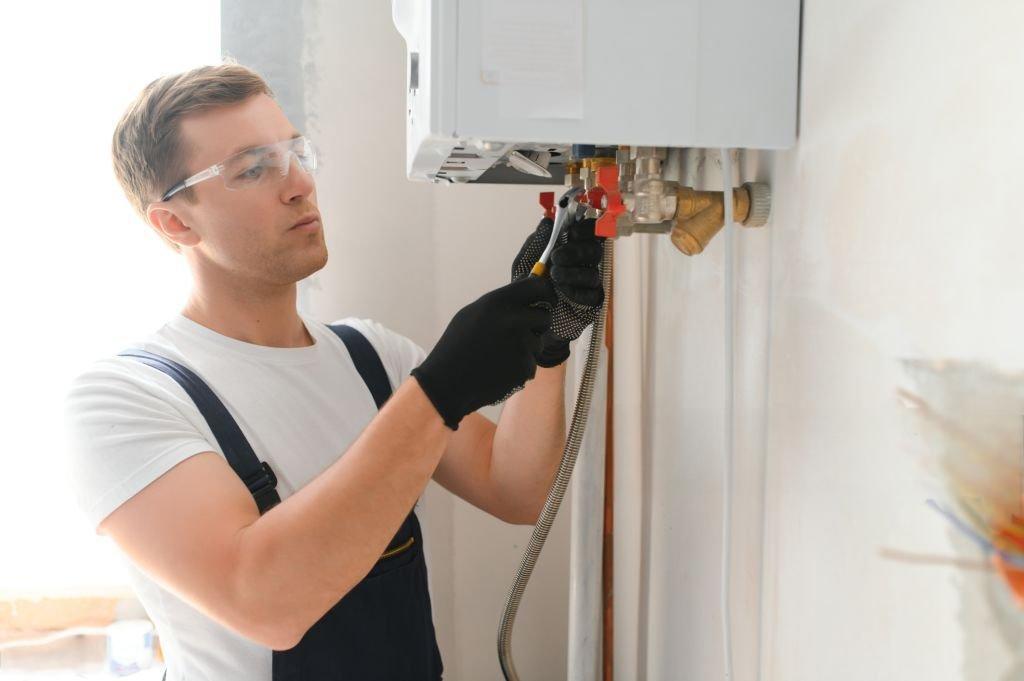Tank VS Tankless Water Heaters: Key Differences & Comparison
2025-03-27
Storage tank heaters keep water constantly hot in an insulated tank (30-80 gallons), offering affordable upfront costs but higher energy bills due to standby heat loss. Tankless models heat water on demand, providing endless hot water with 24-34% greater efficiency, though requiring a higher initial investment. While tank units last 10-15 years, tankless heaters can serve 20+ years with proper maintenance. Tank models suit budget-conscious households with moderate usage, while tankless systems benefit energy-focused homes needing continuous hot water. Choose based on your budget, space, and hot water demands.

Choosing the right water heater for your home can impact energy bills, convenience, and long-term costs. The two main options—storage tank water heaters and tankless (on-demand) water heaters—have distinct advantages and drawbacks. Let’s compare them in detail.
How They Work
Storage Tank Heaters: Store and continuously heat 30-80 gallons of water in an insulated tank, keeping it ready for use.
Tankless Heaters: Heat water instantly as it flows through the unit, eliminating standby energy loss.
Key Differences
1. Energy Efficiency
Tankless: More efficient (24-34% energy savings for homes using <41 gallons/day) since they only heat water when needed.
Tank: Less efficient due to standby heat loss (heat escaping from stored water).
2. Hot Water Supply
Tankless: Provides endless hot water but may struggle with multiple simultaneous uses (e.g., shower + dishwasher).
Tank: Limited by tank capacity—once depleted, you must wait for reheating.
3. Upfront & Operating Costs
Tankless: Higher initial cost (1,000−3,000+) but lower long-term energy bills.
Tank: Cheaper to install (500−1,500) but higher operating costs over time.
4. Space & Installation
Tankless: Compact, wall-mounted, ideal for small spaces. Requires upgrades (gas line/electrical) in some homes.
Tank: Bulky, takes up floor space, but simpler installation.
5. Lifespan & Maintenance
Tankless: Lasts 20+ years with regular descaling (hard water areas).
Tank: Lasts 10-15 years; prone to corrosion and sediment buildup.
Which One Should You Choose?
Pick a Tank Heater If: You want a lower upfront cost and have moderate hot water needs.
Choose Tankless If: You prioritize energy savings, endless hot water, and long-term value.
Final Verdict
Tankless heaters win in efficiency and longevity, while tank heaters are more budget-friendly upfront. Your choice depends on household size, usage patterns, and budget.
Which type do you prefer? Share your thoughts below!
TAG:
Related Blog


